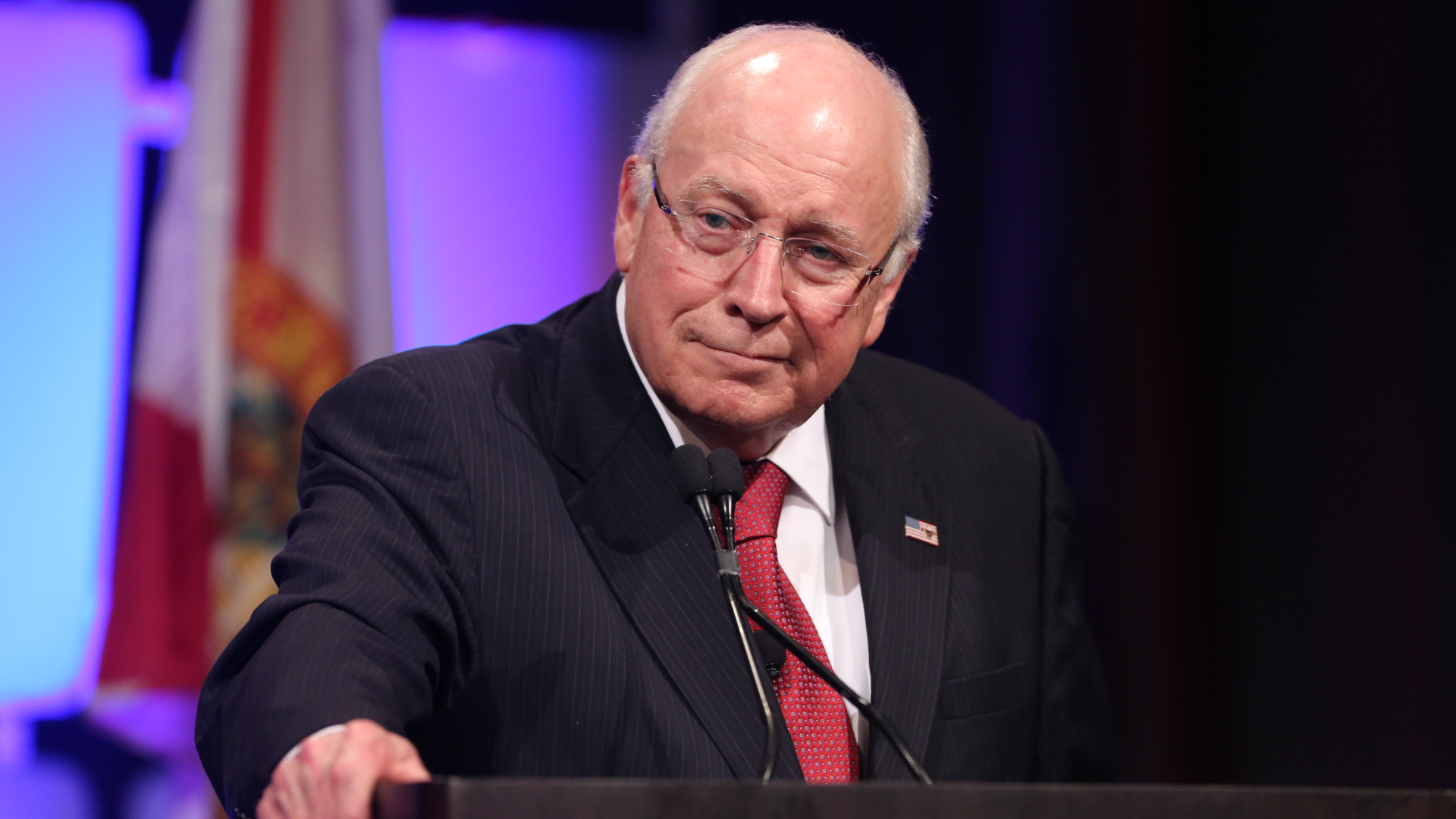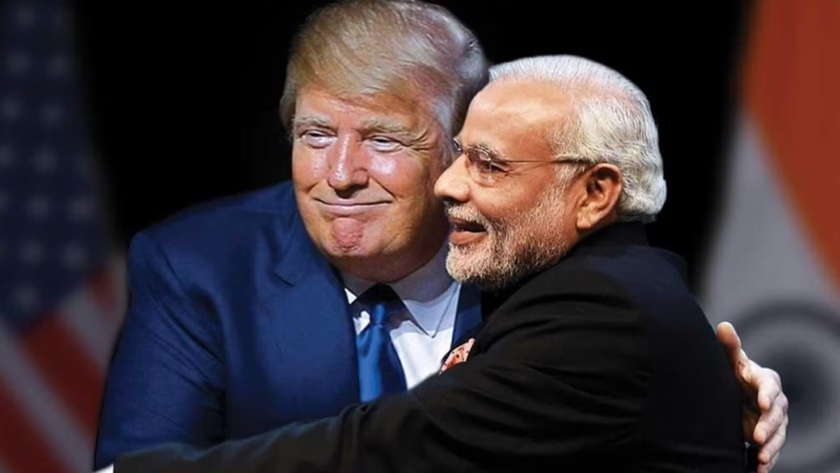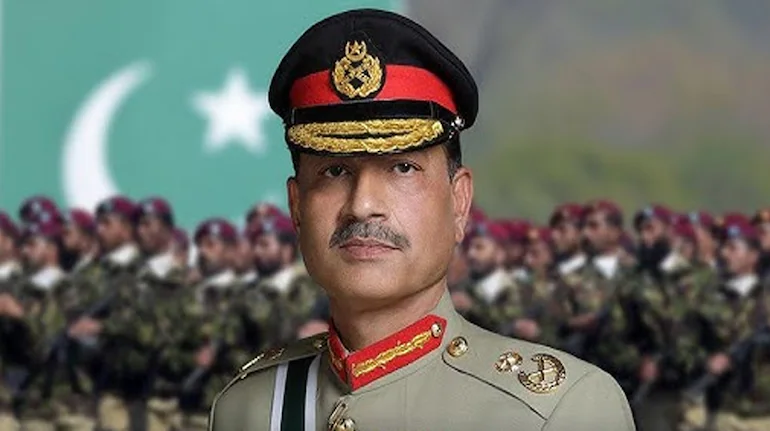Washington: Richard Bruce “Dick” Cheney, the 46th Vice President of the United States and arguably the most powerful figure ever to hold that office, passed away peacefully at his home on November 3, 2025. He was 84. Surrounded by his wife of 61 years, Lynne, and daughters Liz and Mary, Cheney succumbed to complications from pneumonia and longstanding heart and vascular disease.
Born in Lincoln, Nebraska, and raised in Casper, Wyoming, Cheney’s journey from a Capitol Hill intern to the epicenter of American power was both improbable and relentless. A Yale dropout who recalibrated at the University of Wyoming, he entered Washington in 1969 as an aide to Congressman William Steiger. Under Presidents Richard Nixon and Gerald Ford, he rose swiftly—becoming, at age 34, the youngest White House Chief of Staff in history.
After Ford’s 1976 defeat, Cheney returned to Wyoming and entered Congress in 1978, winning the state’s lone House seat despite suffering his first heart attack at 37. As House Republican Whip, he honed his skills in strategy and discipline—traits that later defined his tenure as Secretary of Defense under President George H.W. Bush. From the Pentagon, he oversaw Operation Desert Storm, cementing his reputation as a shrewd and steady hand in wartime.
In 2000, George W. Bush asked Cheney to vet potential vice-presidential candidates—only to select him for the role. Sworn in on January 20, 2001, Cheney brought unmatched Washington experience and a deep conviction that presidential authority had been dangerously curtailed since Watergate. The terrorist attacks of September 11, 2001, elevated him into a central—and controversial—figure of American power.
As the principal architect of the “Global War on Terror,” Cheney shaped U.S. policy in an era of fear and fury. He championed the Patriot Act, the invasions of Afghanistan and Iraq, and endorsed aggressive counterterrorism tactics, including enhanced interrogation and warrantless surveillance. To supporters, he was a protector of American security; to critics, the embodiment of executive overreach. The nickname “Darth Vader” became both insult and badge of pride.
Cheney left office in 2009 with approval ratings in the teens but no regrets. “I’d do it again in a minute,” he said of Iraq. After receiving a heart transplant in 2011, he often referred to his later years as “borrowed time.” He spent them writing memoirs, mentoring protégés, and fly-fishing in Wyoming’s Snake River.

In his final years, Cheney broke with the party he had once defined, calling Donald Trump “the greatest threat to our republic” and standing alongside daughter Liz Cheney in defense of democratic institutions. His endorsement of Kamala Harris in 2024 marked one of the most striking political reversals in modern American history.
A statement from the Cheney family described him as “a great and good man who taught his children and grandchildren to love our country, and to live lives of courage, honor, love, kindness, and fly fishing.”
Former President George W. Bush called him “a calm and steady presence in the White House amid great national challenges,” adding, “He held to his convictions and prioritized the freedom and security of the American people.”
Cheney is survived by his wife Lynne, daughters Liz and Mary, sons-in-law Philip Perry and Mary’s partner, and seven grandchildren. Funeral services will be private, with a public memorial planned in Washington later this month. The family has requested that donations be made to the American Heart Association or the Grand Teton National Park Foundation.






